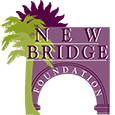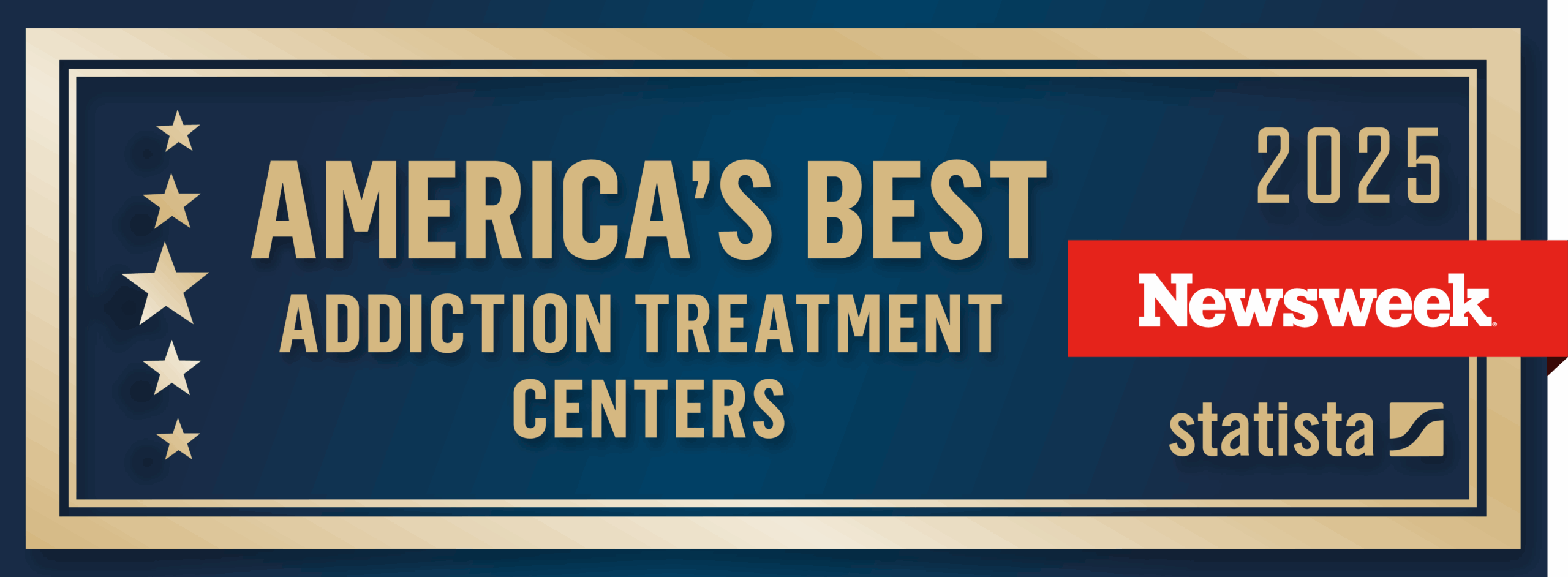When someone you care about is battling opioid addiction, it’s natural to feel helpless, scared, or even angry. But here’s the truth: your presence matters more than you may realize. Support systems in opioid recovery can be the difference between someone staying stuck and someone stepping into healing.
This isn’t about having all the answers. It’s about showing up with love, consistency, and the willingness to walk beside your loved one through the messiness of recovery. That support can make a life-saving difference.
Why Support Matters in Recovery
Opioid addiction isolates. It strains relationships, erodes trust, and convinces people they’re alone in their struggle. That’s why the role of family in recovery is so powerful—because it helps break that isolation.
Family members, close friends, and broader support networks provide:
- Accountability and structure: Recovery often requires a daily commitment. Support systems can offer encouragement and help keep someone on track.
- Emotional grounding: Just knowing someone is in their corner helps people facing addiction rebuild self-worth and resilience.
- A reason to keep going: When things feel hard, having people to fight for can give someone the motivation to stay the course.
How to Support a Loved One in Opioid Recovery
It’s not always easy to know what to say or do. You want to help, but you don’t want to say the wrong thing, or push too hard. That’s completely normal. Supporting a loved one in opioid addiction treatment is a learning curve, but these tips can help:
1. Learn about addiction and recovery
Opioid addiction isn’t just a series of bad choices. It’s a chronic condition that changes the brain. The more you understand this, the more compassionate and effective your support can be.
2. Offer consistent encouragement
Celebrate progress, no matter how small. Acknowledge the effort it takes to stay sober, attend counseling, or simply get through a tough day.
3. Set healthy boundaries
You can love someone and still say no to behaviors that put you or them at risk. Boundaries aren’t punishment—they’re protection.
4. Be part of the process
Attend family counseling or support groups if available. Recovery is a shared journey, and your involvement can create space for real healing.
5. Take care of yourself, too
You can’t pour from an empty cup. Support systems for opioid recovery are strongest when they include care for everyone involved.
What Recovery Looks Like with Support
Recovery isn’t a straight line. There will be setbacks, hard conversations, and times when it feels like nothing is changing. But when someone has a support system they can rely on—a family that listens, a friend who checks in, a counselor who shows up—that’s where transformation begins.
You don’t have to be perfect. You just have to be present.
How New Bridge Foundation® Supports Families
At New Bridge Foundation®, we know that recovery doesn’t happen in a vacuum. Healing happens in community, and that includes you.
Our programs are designed to treat the whole person, with counseling and care that welcomes family involvement. We offer education, support, and guidance to help you understand what your loved one is going through and how to walk this path together.
Voted one of America’s “Best Addiction Treatment Centers” by Newsweek five years in a row, we provide a full continuum of care, including detox, residential, and outpatient treatment, and we proudly accept TRICARE insurance. Our team is here to support both the person in recovery and the people who love them.
If someone you love is struggling with opioid addiction, there is help. Call New Bridge Foundation® at 866.772.8491 today to take the first step toward healing.








